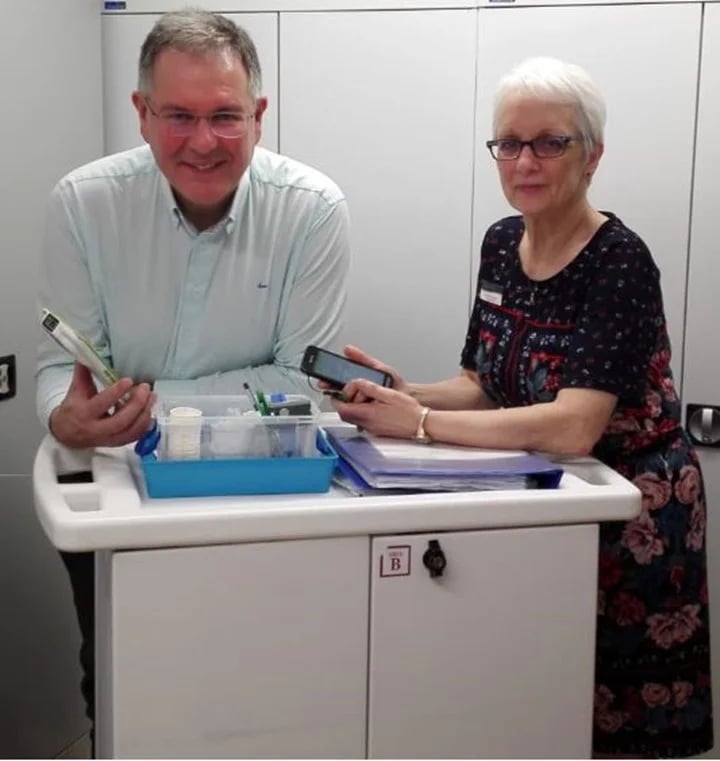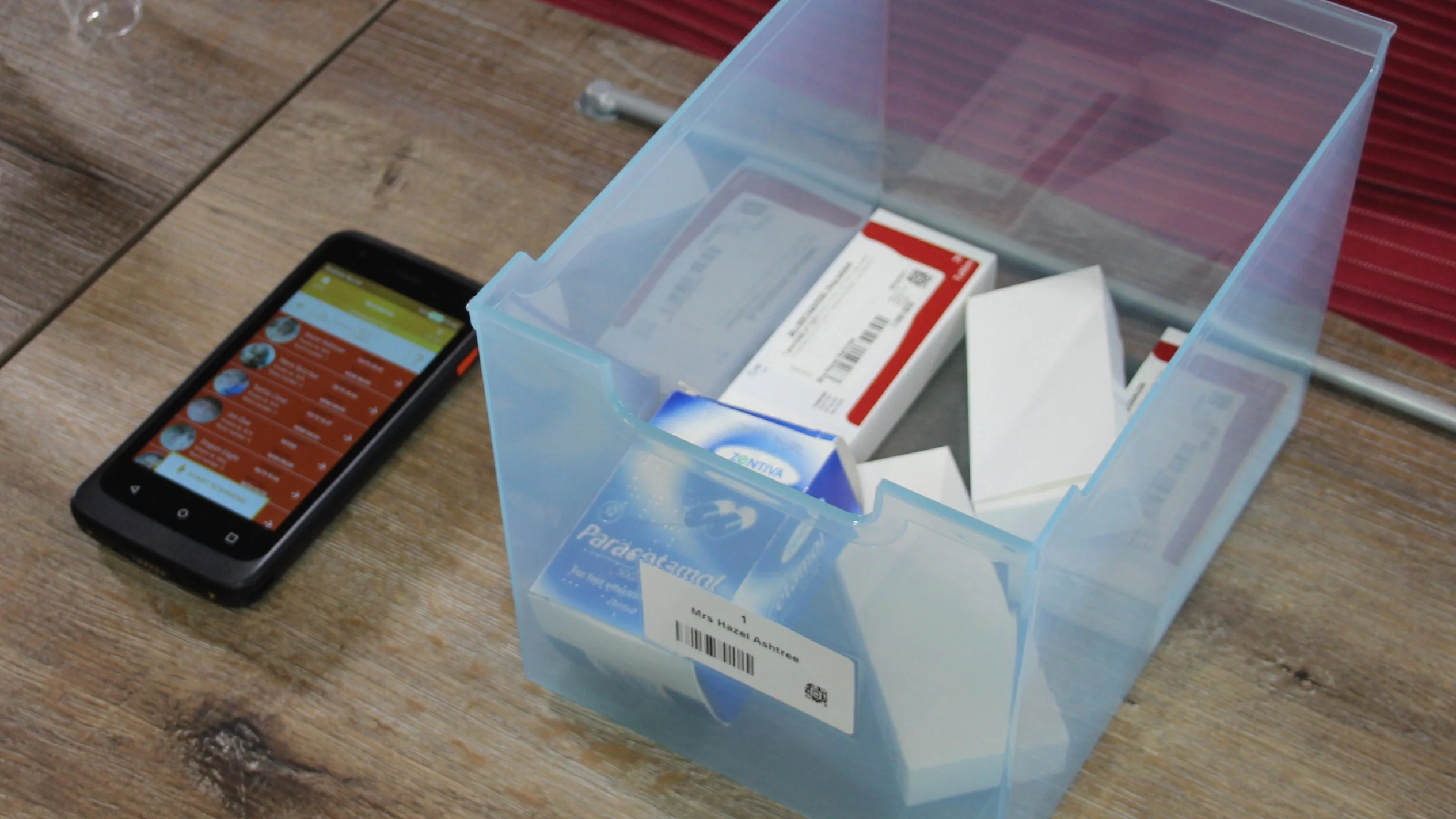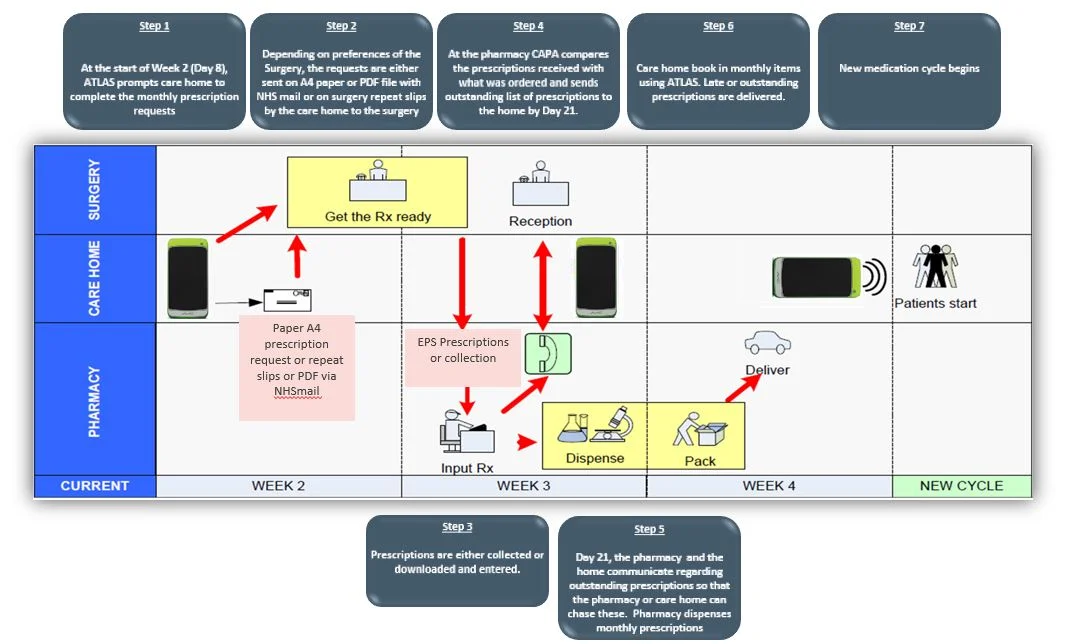
Care Plans are central to ensuring residents receive the appropriate care for their needs and they are the source of evidencing that the care has been provided. The traditional care plans are paper based which can make their execution inconsistent and the act of recording the care provided laborious.
Just like the domain of medicines management using the right technology can help you shape the way you deliver care and improve the quality of care whilst achieving consistency and producing efficiencies. Technology can help you demonstrate your standard of care to regulatory bodies more effectively. CQC’s updated KLOEs, and, in particular, question E1.3, specifically asks how you use technology and equipment to enhance care.
So how can you choose an electronic care planning system? Below are six questions that will inform your choice.
Question 1: What is your primary goal for adopting an electronic care planning system?
Is it simply to go paperless, or are you looking for increased accountability, improved reporting and management and efficiency?
Consider the following questions when reviewing electronic care plans:
- Is it quick and easy to use so carers can capture all the moments they care for residents, without taking time away from being with residents to document it?
- Can 100% of the care staff use the system so residents’ care records will always be complete and detailed?
- Will the system automatically populate evidence of care into relevant reports, charts and alerts so you have complete visibility of care at your fingertips?
- Will you easily be able to spot and rectify any gaps in records at the point of care and prove compliance? This will give you confidence for inspections.
- Are you able to track who has access to information and ensure none of it is lost, copied or shared inappropriately? This will help your care home have greater protection and comply with data protection regulations.
For Further questions and considerations contact Person Centred Software
Ernie Graham, owner of Cornford House near Tunbridge Wells, benefits from working with Invatech Health’s eMAR system and Person Centred Software’s electronic care planning software, giving his care homes greater flexibility.
Ernie says, “Over the years we have learnt that the best technology is provided by companies who are specialists in a specific aspect of care. For medicine management, we chose ATLAS eMAR, a specialist product from a company run by experts who are pharmacists and doctors. The ATLAS eMAR was the only system that had barcode scanning for safety, has full stock control and tackles the issues of communication around changes to therapy and prescriptions with the pharmacy and GP surgeries.”
Ernie says, “We moved to Person Centred Software due its modern mobile handheld system and technical and open architecture. The company has considerable expertise which they have transferred through several years of developing the software. The company’s Mobile Care Monitoring application uses mobile devices to prompt care and record events. It is very visual, easy to use and it saves a lot of time.”
Ernie concludes, “We see a strong case for integration and inter-operability. We have been marketed with ‘one stop solutions’ but don’t want to be limited as to the technology. We want to work with in-depth specialists, with the analytics undertaken by each provider. And we want to work with the ‘best in class’ in each specialism of care and then apply the analytics from each to combine outcomes and mitigate risk, with all the data available in one place.”
“We moved to Person Centred Software due its modern mobile handheld system and technical and open architecture. The company has considerable expertise which they have transferred through several years of developing the software. The company’s Mobile Care Monitoring application uses mobile devices to prompt care and record events. It is very visual, easy to use and it saves a lot of time.”
Ernie Graham
Owner, Cornford House



